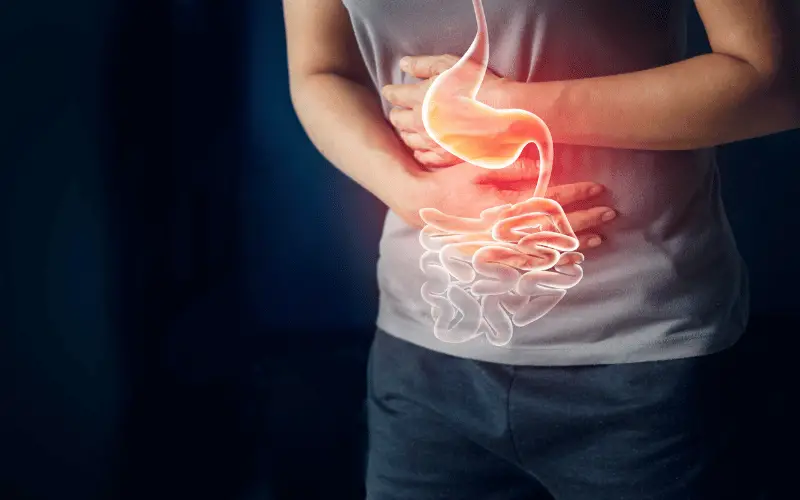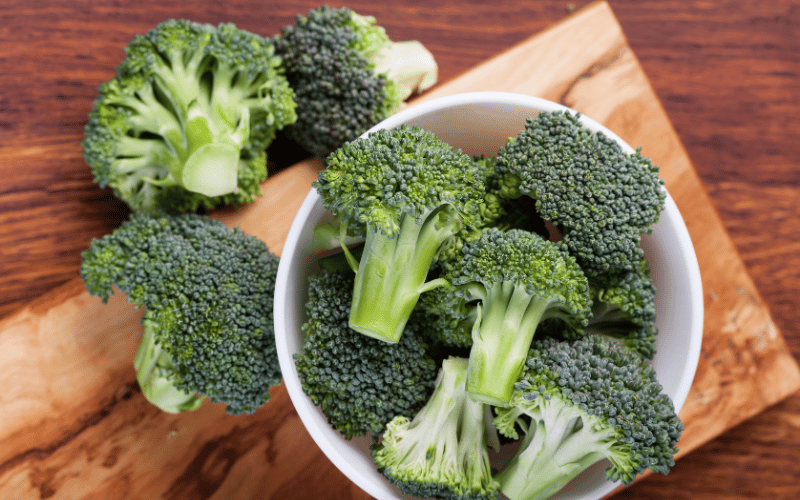Introduction: Unearthing the Culinary Healing Powers for Ulcer Sufferers

Peptic ulcer disease, a condition many deem as the silent tormentor, affects countless individuals worldwide. It has an uncanny way of making its presence felt, often in the most uncomfortable ways imaginable. Heartburn, a burning sensation in the stomach, belching, and even nausea – the symptoms can be relentless. And while medication and doctor visits become inevitable, there’s another aspect that holds paramount importance: Diet.
For those unaware, peptic ulcers occur due to damage to the stomach lining. This damage can be attributed to a variety of reasons, the leading one being the bacteria H. pylori. But apart from bacterial infections, regular use of pain relievers, certain medications, and even excessive acid production can be culprits. Now, while this sounds like a dire situation, there’s a silver lining. Nature has blessed us with foods that can combat, relieve, and even prevent the distress ulcers cause.
What we consume directly impacts our gut health. While some foods might aggravate the ulcer, making it more painful, others can soothe and even promote healing. But it’s not just about healing. It’s about nourishing the body and ensuring that while one is grappling with peptic ulcer disease, they’re not deprived of essential nutrients. This article aims to shine a light on those foods that can be considered the knights in shining armor for every ulcer sufferer. So, if you’ve found yourself caught in the ulcer web, fret not. Here’s a list of ten foods that could be your ally in this battle.
Food 1: Cabbage and Broccoli

Cabbage and broccoli, with their lush green hues, signify more than just freshness. Both are members of the cruciferous vegetable family, which have consistently been associated with various health benefits. Their robust nutritional profiles, teeming with vitamins, minerals, and antioxidants, serve as potent defense mechanisms for our bodies.
A pivotal component present in these vegetables is sulforaphane. This compound has been documented in studies for its potent actions against the H. pylori bacteria, the usual suspect behind peptic ulcer disease. When these greens are incorporated into your meals, they play a dual role. They not only provide protective actions against potential ulcer-causing agents but also significantly assist in healthy digestion.
But that’s not all. The richness of fiber in cabbage and broccoli is a boon for those battling digestive issues. Fiber not only ensures that our digestive tract functions smoothly, but it also aids in regular bowel movements. This can alleviate a lot of discomforts, particularly for ulcer patients who may face constipation or irregular stools.
Moreover, the presence of glutamine, an amino acid in cabbage, is particularly beneficial for the healing of the stomach lining. When consumed in broths or soups, it creates a soothing effect, alleviating the burning sensations often felt by those with ulcers. On the other hand, broccoli offers a plethora of vitamins, including a generous dose of vitamin C, enhancing overall immunity.(1)